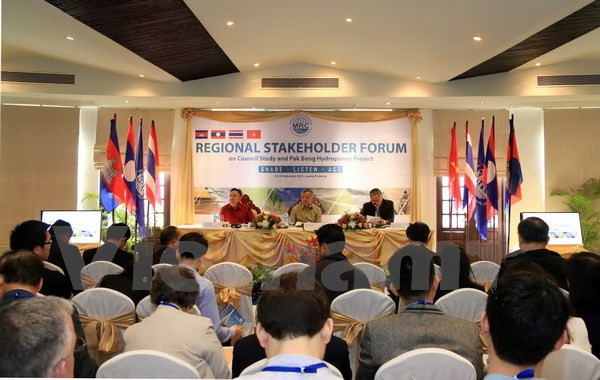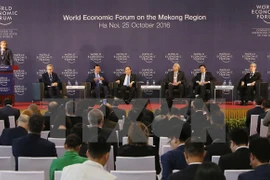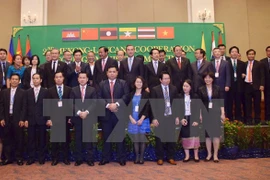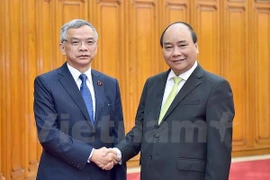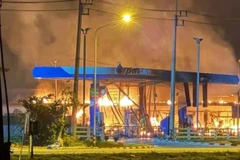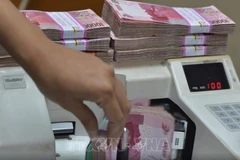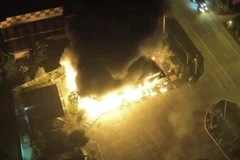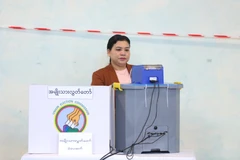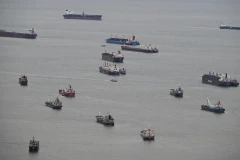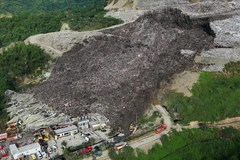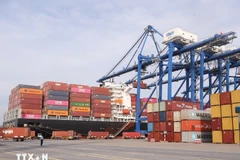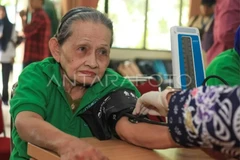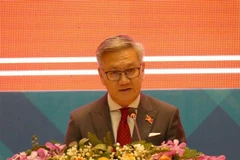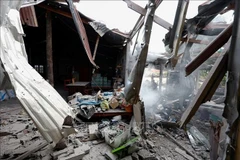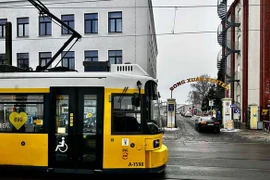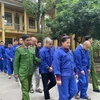Vientiane (VNA) – Regional concerned parties met at a forum in Luang Prabangcity, northern Laos on February 22 to discuss consultation process for Pak Benghydropower plant on the Mekong River mainstream.
As part of the Proceduresfor Notification, Prior Consultation and Agreement (PNPCA) framework, thetwo-day event will provide data and scientific foundation related to the studyof impacts of hydropower projects in general, which will serve as basis for theresearch and assessment of impacts of Pak Beng hydropower project.
Participantswill study lessons drawn from consultation process for Sayabouly and Don Sahonghydropower projects, sustainable hydropower strategies of Laos and Pak Bengproject in particular, and make relevant recommendations for the consultationprocess and the PNPCA for Pak Beng project.
The Mekong RiverCommission (MRC) is to present the goal and roadmap for the implementation ofprior consultation process for Pak Beng and its follow-up activities.
It will alsointroduce the approach, scopes and methodology of Pak Beng technical review interms of hydrology, ecological system, biological resources, dam safety,socio-economic and environmental impacts and cross-border issues.
Lao Minister ofNatural Resources and Environment Sommath Pholsena told the Vietnam News Agencythat the event offers a chance to discuss with MRC member countries anddevelopment partners, towards ensuring the best interests of Lao people and thoseliving in countries in Mekong river basin.
Lying in PakBeng district in the northern Lao province of Oudomsay, Pak Beng hydropowerplant has a designed capacity of 912MW and an average annual generation outputof 4.775 GWh per year. It is the third plant on the Mekong River mainstream afterSayabouly and Don Sahong.
In November2016, the Lao government submitted detailed description of Pak Beng to the MRCSecretariat to seek approval for the six-month prior consultation process whichstarted on December 20, 2016.-VNA
